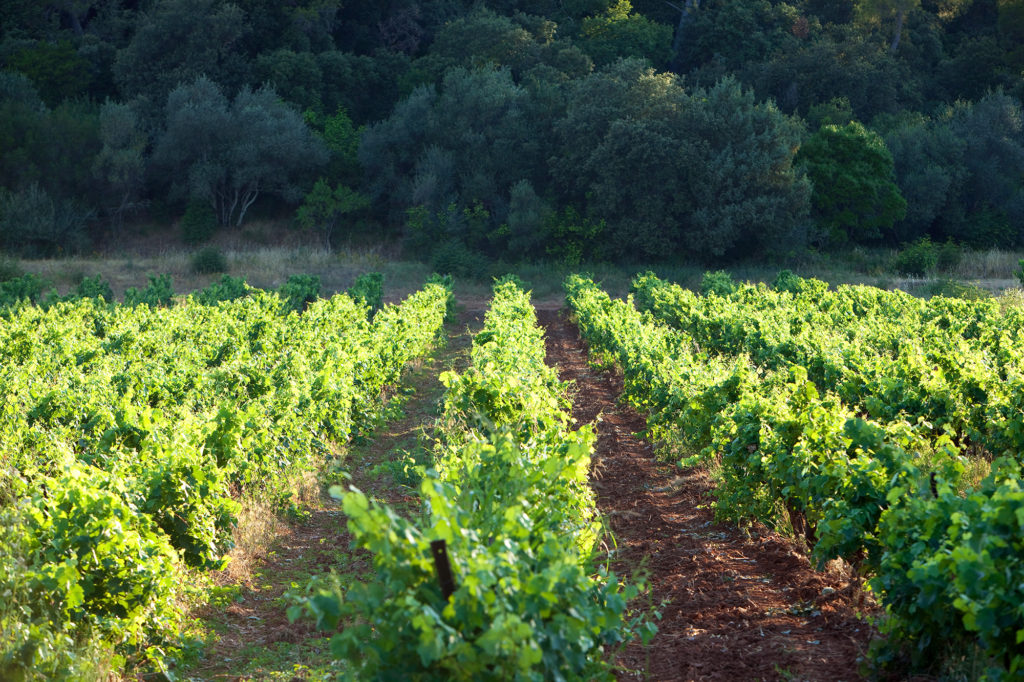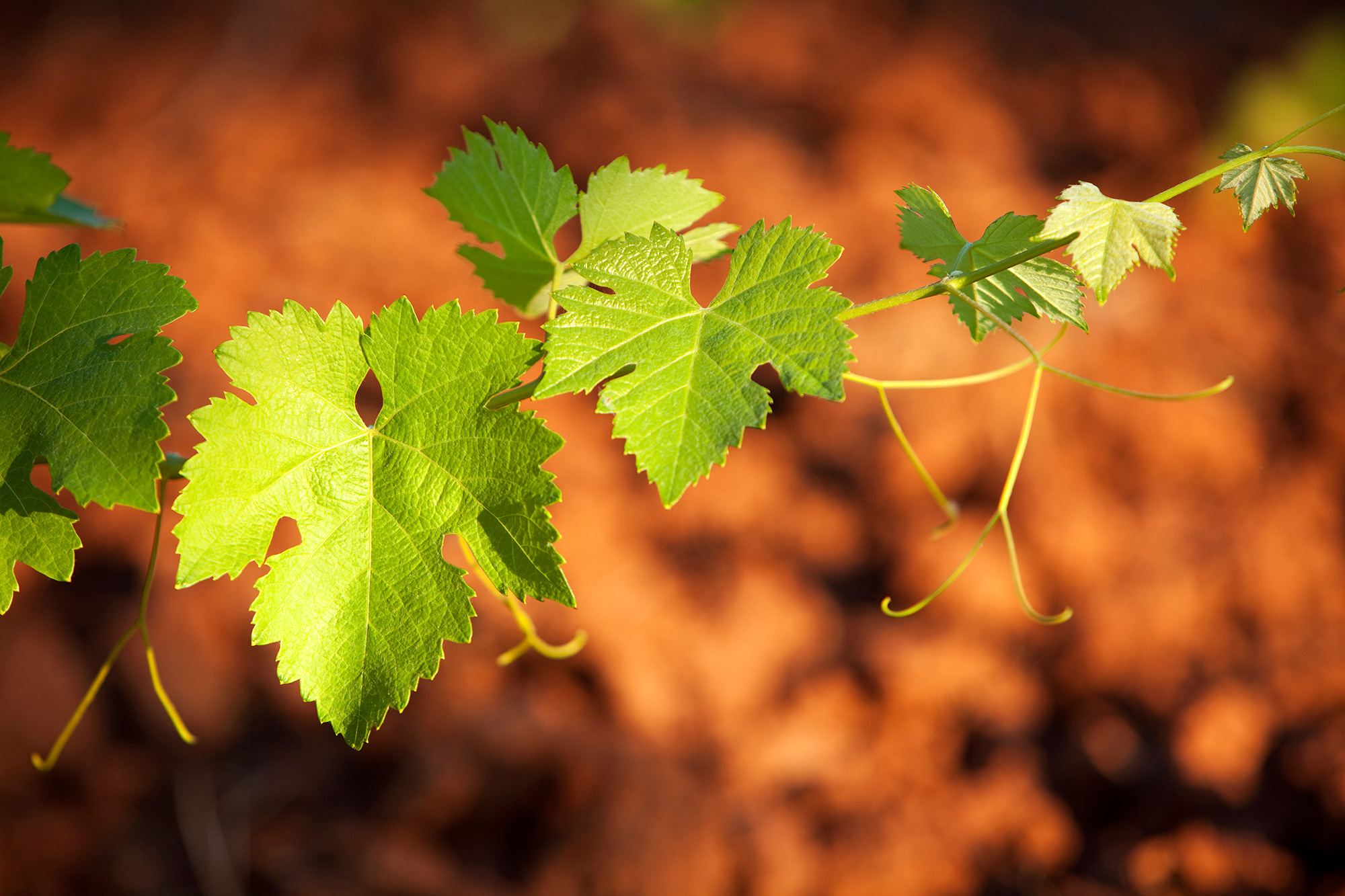Opposed to the massive chemical treatments used by classic methods, regenerative agriculture proposes a treatment adapted to each situation and tries to keep chemical interventions to the strict minimum. In between the traditional and organic production methods, it uses agro-pharmaceuticals, but without overdoing it.
It is defined as winegrowing with respects for the environment. Its methods seek to maintain the biological diversity of the vineyard ecosystem and its surroundings. Reduced chemical treatments in the vineyard are made possible by methodically monitoring each plot based on observing nature and specialised techniques.
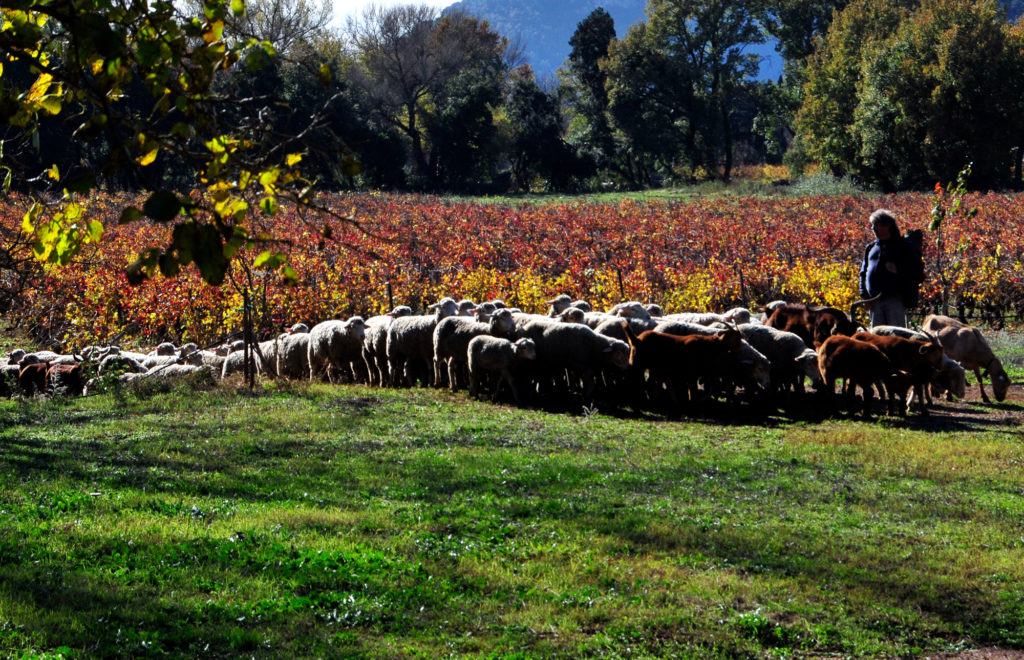
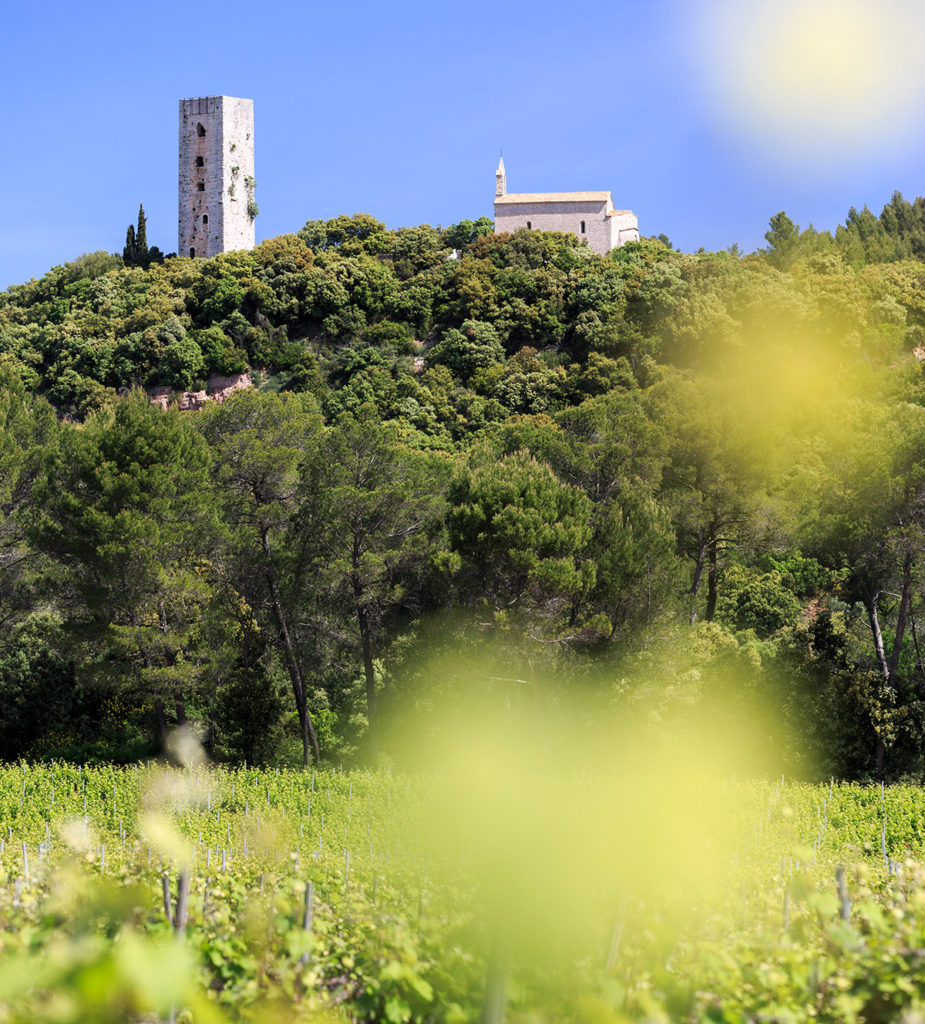
A multi-generational affair: back in the 1960s, the current owner’s father, Count Bruno de Gasquet, was already considered a bit of an eccentric due to the grass that grew in his vineyards.
Already a sustainable agriculture enthusiast, he was far ahead of his time.
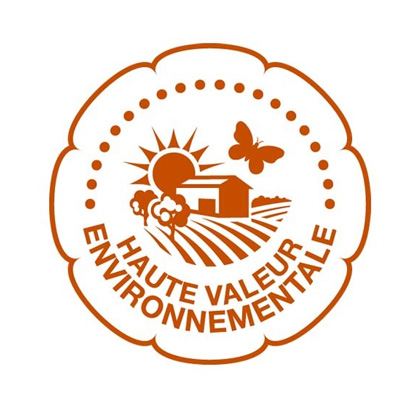
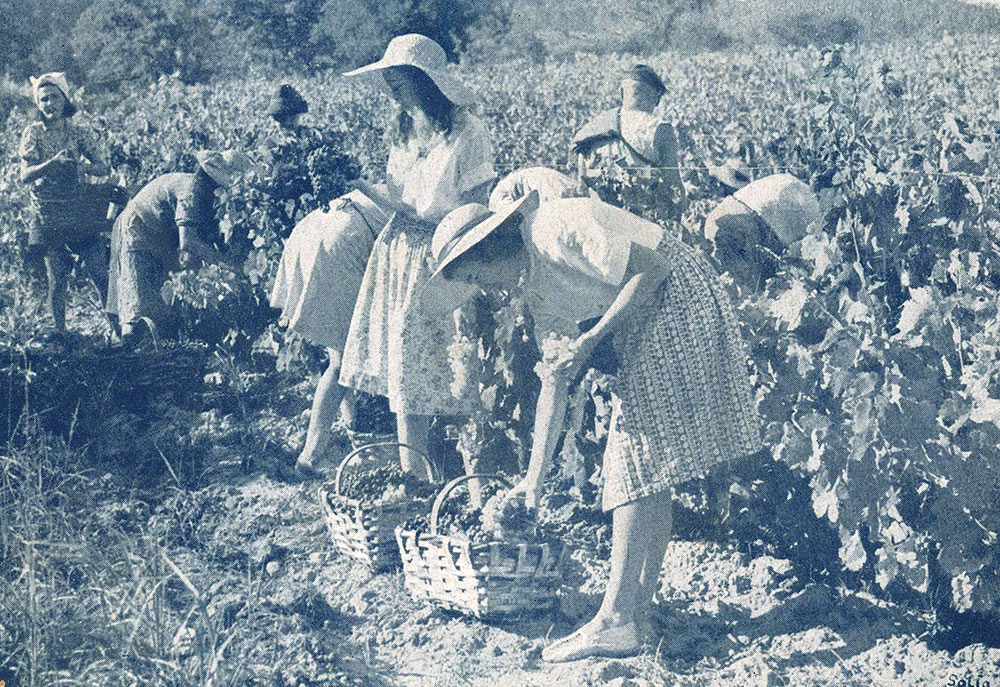
To maintain and develop sustainable agroecosystem.
Provide trustworthy, healthy and quality products.
Conservation and regeneration of soil fertility: the basis for healthy eco-systems.
